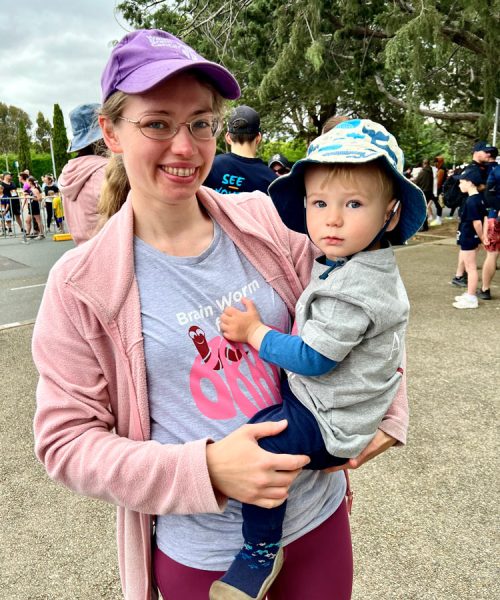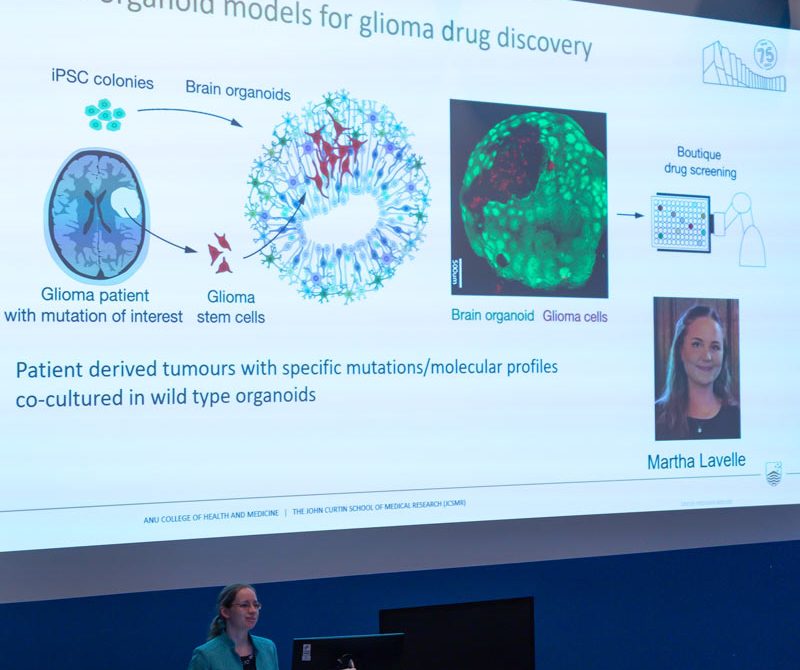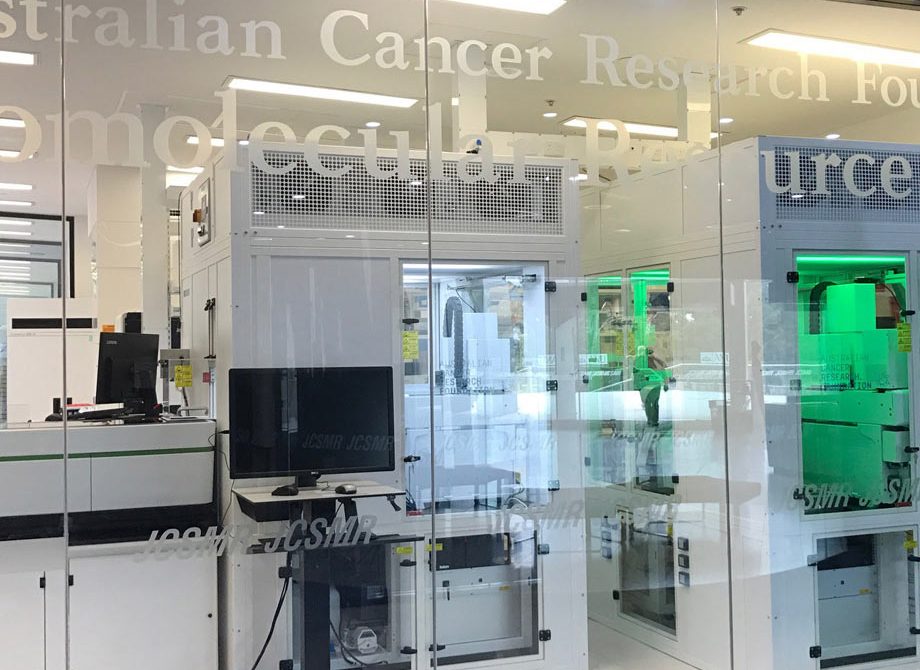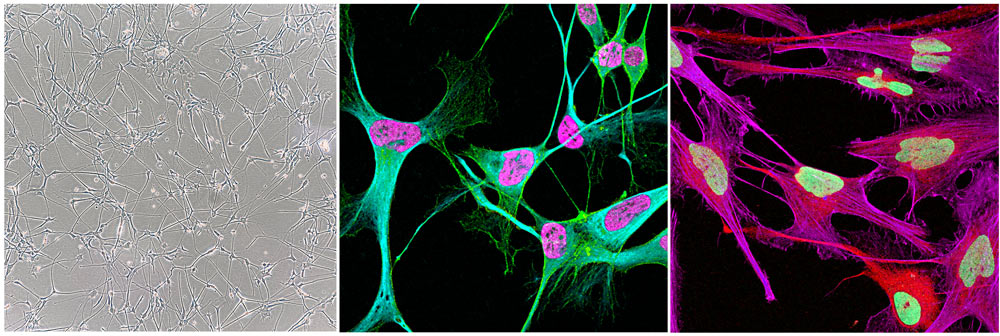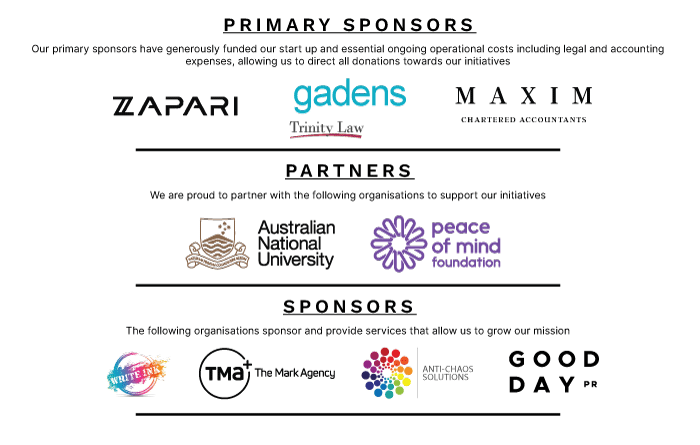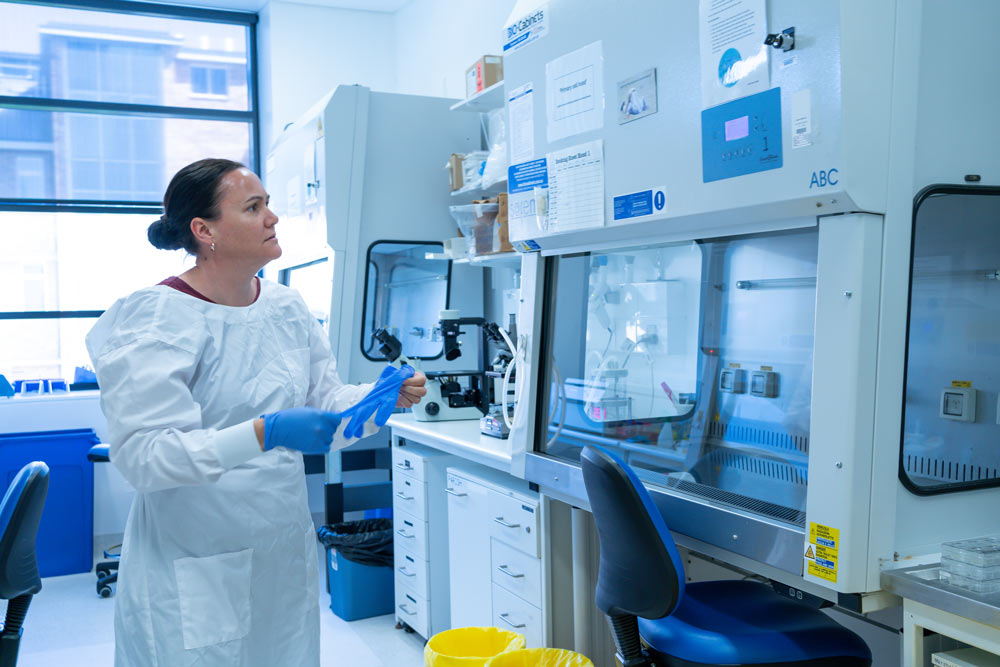
Bio-banking plays a critical role in modern medical research, acting as a vital resource for scientists and clinicians investigating the underlying mechanisms of diseases such as brain cancer. In Canberra, the development of bio-banking infrastructure is advancing rapidly, thanks to collaborations between research institutions, hospitals, and not-for-profit organisations committed to improving health outcomes. This includes dedicated efforts to collect, store, and analyse biological samples from brain cancer patients across the ACT and surrounding regions.
Bio-banks store a wide variety of biological materials, including blood, tissue, DNA, and RNA, and are essential for understanding disease progression, identifying biomarkers, and developing targeted therapies. For brain cancer, which remains one of the most challenging and under-researched types of cancer, these samples are invaluable. Canberra is now home to a growing and integrated bio-banking initiative specifically aimed at supporting brain cancer research and clinical trials.
The Canberra Brain Cancer Collective is an alliance of medical professionals, scientists, and community advocates working together to improve brain cancer outcomes through collaborative research, support services, and education. The Collective brings together key stakeholders from organisations such as Canberra Health Services, ANU Medical School, and clinical practitioners to work collectively on improving outcomes for brain cancer patients.
One of the primary initiatives of the Collective is the enhancement and coordination of bio-banking efforts within the ACT. By establishing a standardised framework for sample collection and sharing across Canberra’s health network, the Collective aims to enable faster, more efficient research that directly benefits patients and their families.
The bio-bank is designed to be ethically governed, with strict protocols to ensure patient consent, privacy, and the highest standards of scientific integrity. Samples are processed and stored using internationally recognised best practices, making them suitable for participation in large-scale national and international research collaborations.
Crucially, the bio-bank also includes longitudinal data—tracking patients’ treatment journeys and clinical outcomes over time. This enables researchers to draw powerful correlations between genetic markers and treatment responses, ultimately helping to personalise medicine and improve survival rates.
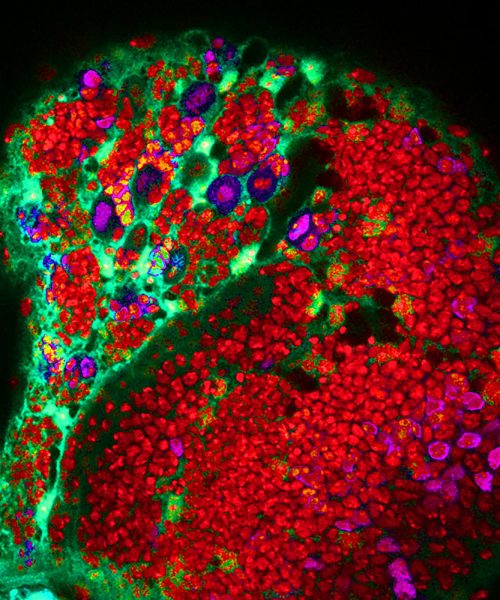
The Canberra brain cancer bio-bank is poised to become a central pillar of translational medical research in Australia. Its integration with national databases, such as BioGrid Australia and the Australian Brain Cancer Mission, ensures that local data contributes to global insights. These connections are crucial for rare and complex diseases like brain cancer, where sample sizes are often small and collaborative studies are essential.
Furthermore, the Collective and its partners are exploring ways to expand the scope of the bio-bank to include paediatric samples, liquid biopsies, and digital pathology. This innovation will allow for even more comprehensive research and facilitate breakthroughs in early diagnosis, minimally invasive testing, and treatment monitoring.
Public engagement also remains a priority. Educational campaigns and community forums are regularly held to raise awareness about brain cancer and the importance of research participation. By involving patients, families, and the broader Canberra community, the initiative not only advances science but also builds a culture of hope and collaboration.
In summary, bio-banking in Canberra represents a beacon of innovation and compassion. Thanks to the Canberra Brain Cancer Collective and the leadership of individuals like Professor Margot Quinn, patients and researchers are now working more closely than ever to tackle one of the most devastating diseases. Through science, partnership, and persistence, this initiative promises to deliver meaningful improvements in the lives of those affected by brain cancer, both in Canberra and beyond.
Bio-Banking Founding Partner Expression of Interest Form
At the heart of Canberra’s bio-banking movement is Professor Leonie Quinn, a distinguished clinical researcher who has been instrumental in shaping the region’s brain cancer research landscape. Based at the Australian National University, Professor Quinn has led numerous ground-breaking studies into the molecular basis of gliomas and other brain tumours.
Professor Quinn’s research has underscored the importance of high-quality tissue samples in understanding how brain cancers evolve and resist treatment. Under her guidance, the bio-banking initiative has expanded its capabilities, including the integration of advanced genomic sequencing and RNA transcriptomics. Her vision is to make Canberra a national leader in precision medicine for brain cancer, where every sample collected can contribute to a broader knowledge base that benefits patients globally.
In addition to her laboratory work, Professor Quinn is a tireless advocate for patient participation in research, explaining how their contributions to the bio-bank can lead to life-saving discoveries. Her compassionate and ethical approach has helped build community trust, encouraging more patients to donate samples and support ongoing research.
Professor Quinn also plays a mentoring role, guiding the next generation of scientists and clinicians in translational brain cancer research. Her work is central to building local capacity and ensuring Canberra’s bio-banking initiative continues to grow sustainably into the future.
